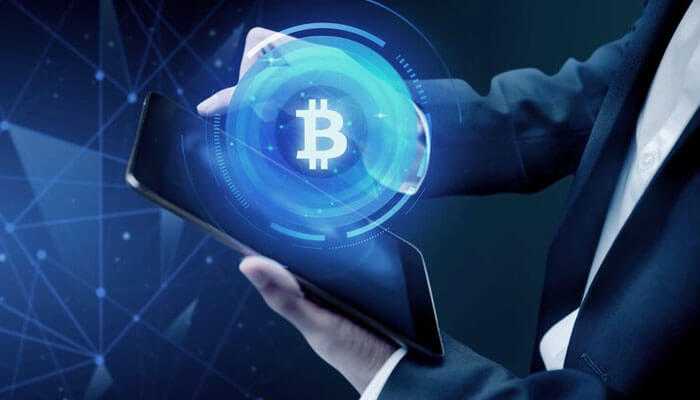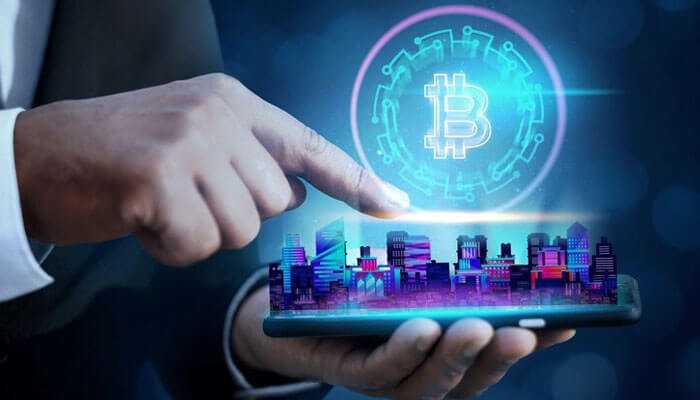Traditional commerce is being rewritten in this digital era. Now, properties aren’t just a physical asset. They are now fluid and divisible. Imagine transforming the real estate investment into a marketplace that’s dynamic and accessible like trading stocks. That’s exactly how tokenization is changing today’s real estate investments.
Ready to get your mind blown? Continue reading.
The Blockchain Bridge: Understanding Real Estate Tokenization
The idea of tokenization is simple. It’s about converting real estate assets into digital tokens via blockchain technology.
Now, these tokens translate to fractional ownership of a property. What does this mean?
This allows investors to purchase smaller and more affordable pieces of high-value real estate.
Key Mechanics of Tokenization:
- Divides property into tradable digital shares
- Enables fractional ownership with minimum investment
- Provides enhanced liquidity compared to traditional real estate investments
- Reduces transaction costs and intermediary expenses
Statistical Landscape of Tokenized Real Estate
According to a report by Security Token Market, the global real estate investment market is projected to reach $1.4 trillion by 2028, growing at a CAGR of 32.7%. This massive growth indicates a significant shift in investment paradigms.
That’s not all, tokenization could save the real estate industry $160 billion in fraud-related costs annually by 2028.
Safe and stunning, right?!
Investment Accessibility Transformed
The usual traditional investment requires you to raise hefty amount of capital. With tokenization, this barrier can be hurdled.
For example:
In markets like real estate Kerala, investors can now participate in premium properties with investments as low as $500-$1000, whereas the traditional requirements were hundreds of thousands of dollars.
Technology Powering the Tokenization Revolution

Blockchain technology ensures:
- Transparent ownership records
- Immutable transaction histories
- Smart contract-driven compliance
- Reduced fraud potential
- Near-instantaneous global transferability
Regulatory Considerations
Different jurisdictions have varying approaches to tokenized real estate. Some countries have embraced the technology, creating frameworks that protect investors while fostering innovation.
For flats for sale in Trivandrum and other top cities, local regulations are gradually adapting to accommodate these new investment mechanisms.
Risk Mitigation and Investor Protection
While tokenization offers unprecedented opportunities, it’s not without risks:
- Conduct thorough due diligence
- Understand the specific token’s legal structure
- Verify the underlying asset’s authenticity
- Assess the platform’s regulatory compliance
Diversification Potential
Tokenization allows investors to:
- Spread investments across multiple properties
- Access international real estate markets
- Reduce portfolio concentration risk
- Achieve greater investment flexibility
Future Outlook: Beyond Traditional Boundaries
The convergence of blockchain, artificial intelligence, and real estate is creating an ecosystem where investment becomes more intelligent, transparent, and inclusive. Tokenization is not just a technological trend but a fundamental reimagining of asset ownership.
Conclusion: Tokenization Is Becoming the New Normal
We’re witnessing a transformative moment in financial history, where digital technologies are reshaping how we think about real estate investment. Tokenization goes beyond traditional investment methods, breaking down complex property ownership into accessible, flexible opportunities.
The boundaries between digital innovation and physical assets are blurring, creating a more inclusive and dynamic investment ecosystem that empowers individuals to participate in markets once reserved for a select few.



